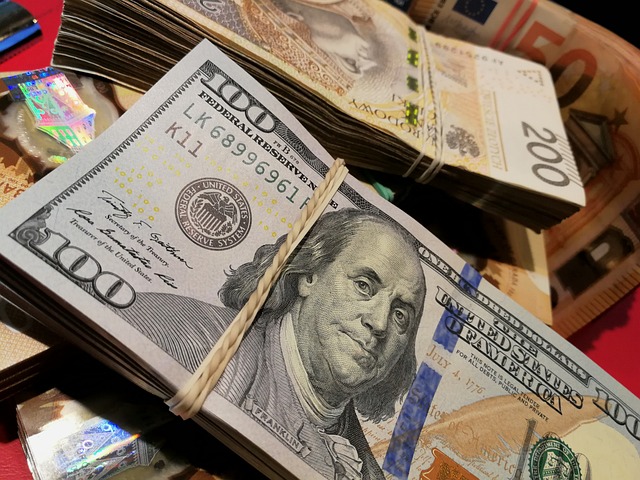Introduction
Japan, historically known for its zero interest rate policy, has recently made headlines with a slight yet significant increase in its benchmark interest rate. The Bank of Japan (BoJ) raised the interest rate from 0-0.1% to 0.25%, a move that has garnered global attention. This article delves into the reasons behind this change, the implications for the Japanese economy, and what this means for international markets.
Context of the Rate Hike
For decades, Japan has maintained an ultra-low interest rate environment to combat deflation and stimulate economic growth. This policy has been a cornerstone of Japan’s economic strategy, particularly since the burst of the asset price bubble in the early 1990s. The prolonged period of low inflation and economic stagnation led to aggressive monetary policies, including quantitative easing and zero interest rates.
Reasons Behind the Interest Rate Increase
The recent decision to raise the interest rate, although modest, reflects significant changes in Japan’s economic landscape. Here are some key reasons for this move:
- Inflation and Economic Growth: Japan has seen a steady rise in inflation, with the consumer price index (CPI) surpassing the BoJ’s target of 2%. As of June 2024, the CPI was averaging 2.5%, indicating sustained inflationary pressures. This rise in inflation is coupled with an improving economic outlook, driven by increased consumer spending and higher wages【21†source】.
- Global Economic Conditions: The global economic environment, characterized by rising interest rates in major economies like the U.S., has also influenced Japan’s decision. As other central banks tighten their monetary policies to combat inflation, Japan’s move to raise rates is seen as a step to align with global trends and prevent capital outflows【22†source】.
- Yen Depreciation: The yen has experienced significant depreciation, impacting import costs and overall economic stability. By raising interest rates, the BoJ aims to support the yen and mitigate the negative effects of a weaker currency, such as higher import prices for essential goods like energy and food【33†source】.

Implications for the Japanese Economy
The interest rate hike, although small, has several implications for Japan’s economy:
- Consumer Impact: Higher interest rates are expected to increase borrowing costs, affecting consumer spending and housing markets. However, the rise in interest rates is also likely to increase returns on savings, benefiting depositors and potentially boosting domestic consumption in the long run.
- Corporate Sector: Japanese companies, particularly those with high levels of debt, may face higher financing costs. This could impact profitability and investment decisions. However, stronger corporate earnings driven by improved economic conditions and higher consumer spending could offset some of these costs.
- Financial Markets: The stock market may experience volatility as investors adjust to the new interest rate environment. Financial institutions, especially banks, may benefit from higher interest margins, potentially improving their profitability【21†source】【33†source】.
Global Market Reactions
The BoJ’s decision has not only impacted domestic markets but has also reverberated through global financial markets:
- Currency Markets: The yen’s appreciation following the rate hike affects global currency dynamics. A stronger yen can impact Japanese exports, making them more expensive for foreign buyers. This could have implications for global trade balances and economic relationships【33†source】.
- Investment Flows: The shift in interest rates may influence global investment flows. Investors seeking higher returns might reallocate funds to Japanese assets, impacting global capital markets. Additionally, the rate hike could trigger adjustments in carry trades, where investors borrow in low-interest currencies like the yen to invest in higher-yielding assets【33†source】.
Future Outlook and Speculations
Looking ahead, the BoJ’s policy trajectory will be closely watched. The central bank has indicated that further rate hikes are possible, contingent on continued economic improvement and inflation stability. Analysts and market participants are divided on the pace and extent of future rate increases, with some expecting gradual hikes and others anticipating more aggressive moves if inflation remains elevated.
Moreover, the upcoming U.S. presidential election in 2024 adds an element of uncertainty to global economic policies. Changes in U.S. economic policy could influence global interest rates, trade dynamics, and investment flows, thereby impacting Japan’s economic strategy【33†source】.
Conclusion
The recent interest rate hike by the Bank of Japan marks a significant shift in its long-standing monetary policy. While the increase is modest, its implications for the Japanese economy and global markets are profound. As Japan navigates this new economic environment, the actions of the BoJ will remain a critical focus for investors and policymakers worldwide. For those following the developments, staying informed through reliable financial news sources and expert analyses will be essential in understanding the broader impacts of Japan’s monetary policy changes.

Focus Keyphrase
- Japan interest rate hike
Social Media Markup
- Twitter:
- Text: “Japan raises interest rates for the first time in years. What does this mean for the global economy and your investments? #Japan #InterestRates #Economy”
- Link: Read More
- Facebook:
- Text: “Japan’s recent interest rate hike has significant implications for the global economy. Explore the reasons behind this move and what it means for markets worldwide.”
- Link: Read More
- LinkedIn:
- Text: “Analyzing Japan’s recent interest rate hike: Discover the economic factors driving this decision and its potential impacts on global financial markets.”
- Link: Read More






